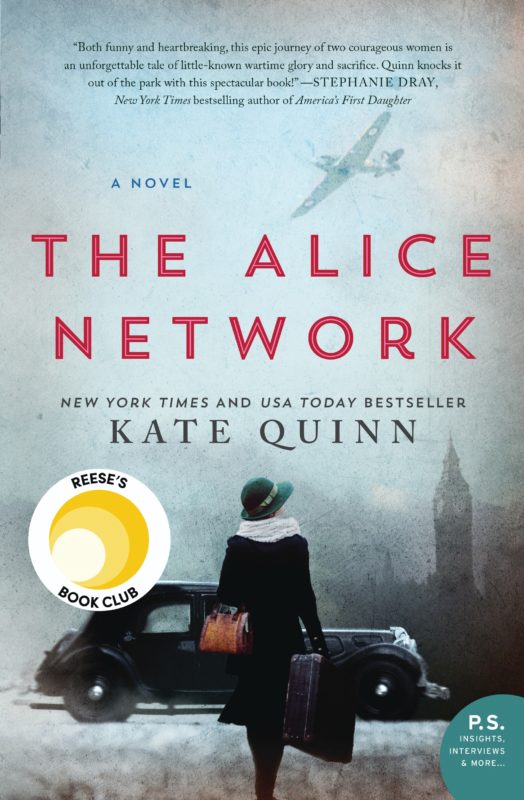One of the most disturbing images from the film “Gladiator” is the image of all those thousands of fans baying in excitement as the gladiators in the arena struggle, fight, and die. “How horrendous,” we shudder. “I would never do that.” But we are watching the gladiators too, aren’t we? Of course, the actors aren’t really dying . . . but we are still getting a kick out of the fight.
The debate of bloodshed vs. excitement is not a new one. In fact, it’s been raging since ancient Rome. A young patrician in first century Rome wrote a thoughtful essay about his disgust for the games, his denouncement of the waste and bloodshed–and then his subsequent unease when he went to the games for the first time and found himself getting sucked into the violence and excitement of it. We may no longer have duels to the death in modern sports, but we do still have both violence and excitement. I am a die-hard Red Sox fan, and every time I watch a game I catch parallels to times past.
The first inning rituals of lineup calling and the National Anthem? Replace with an ox sacrificed to Jupiter and an official prayer of thanks to whichever Emperor might be sponsoring the day’s current feast of bloodshed.
The brawl in the second inning when a batter charges the mound after getting hit by a fastball? Replace with the brisk main battle of Trident Men versus Swordsmen.
The batter who stands with bat on shoulder and narrowed eyes, waiting for his at-bat? Replace with the gladiator waiting in the shadows with a sword on his shoulder, waiting for his bout.
The pitcher who exits in the sixth inning after giving up a home run, but pitched so gallantly he still gets a standing ovation? Replace with the gladiator who got speared through the shoulder with a trident, but fought so bravely the crowd gave a thumb’s up and spared his life.
The seventh inning “America the Beautiful” during which the crowd laughs, chats, and gets refills on their beers? Replace with the midday executions where the Colosseum kicks back, snacks, ignores anything in the arena, and waits for the big spectacle.
The steroid scandal about the designated hitter? Replace with the gladiators who tied little bags of pig blood to their chests and bellies, in the hopes of being able to fake a mortal wound and escape the arena alive.
The roar that goes up when a player hits a walkoff home run out of the ballpark? Replace with the roar that goes up when a favorite gladiator wins out against the latest enemy and walks out alive yet again.
Above all . . . the crowd. I have seen baseball crowds roar their appreciation for half an hour straight after a tight victory. I have seen them scream for a much-loved player as if he were a god. I have seen them rain abuse on rivals with genuine hatred. Emotions run high, and hey, it’s part of the fun of baseball. But is it that different from a Colosseum crowd? If you suggested to a crowd of Red Sox fans that their chances of winning the World Series might be improved by sacrificing a Yankee fan on home plate before each game, you’d be running at about 70% approval rate. 80% if the Sox were more than two games back in the wild card.
When I wrote a book about ancient Rome which had a gladiator for a hero, I found I didn’t have to work very hard in depicting the Colosseum. I figured it probably sounded a lot like Fenway Park in full throat after an extra-inning victory. And as much as I like baseball, I like to think I wouldn’t have liked the gladiatorial games if I’d lived in ancient Rome.
But as deplorable as they were, I can see why people did like them.







